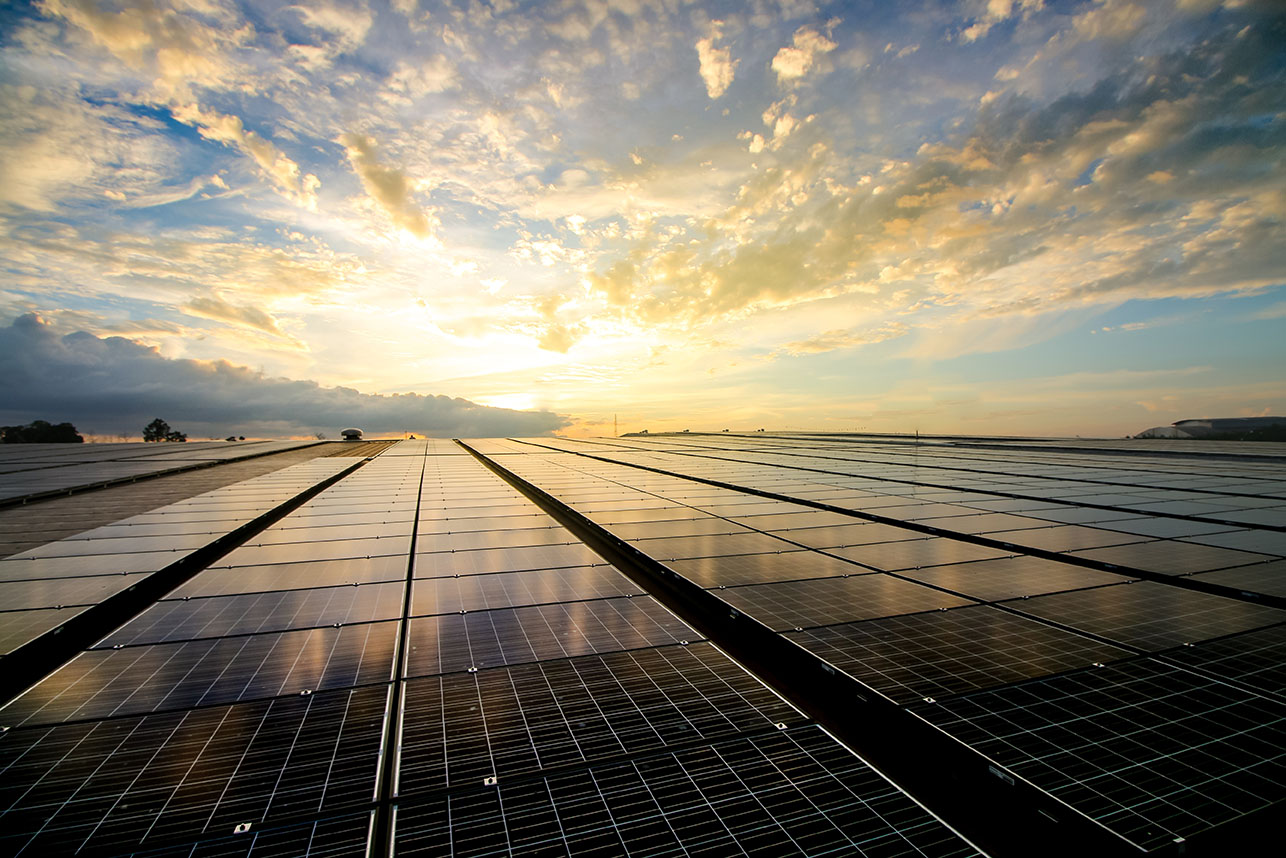The US Department of Commerce's recent decision to investigate antidumping and anticircumvention duties on solar imports from Cambodia, Malaysia, Thailand and Vietnam has resulted in a slowdown in imports of panels to the United States. Industry participants are left to wait on the Department of Commerce's preliminary determination (expected by August 2022). Meanwhile, these delays threaten the financial viability of many projects. Owners should understand their potential exposure and ways to limit exposure, and consider how to structure and draft contracts that are being negotiated.
Contract structure
We have recently seen owners move away from full EPC structures to utilize a split scope (supply agreement plus EPC; supply agreement plus balance of plant) structure, with the owner taking on the responsibility for procuring and timely delivering major equipment to the project site for installation by a contractor. Owners who are using this structure will want to avoid any action related to the supply agreement that could be seen as a breach of the installation and construction contract. For example, the construction contractor can argue that the owner breached its covenant to deliver the owner supplied equipment on time. Such a breach could result in potential legal and financial repercussions, including the contractor's right to terminate the construction agreement for damages or receive schedule and cost relief, and significant LDs payable to the buyer under a PPA or BTA.
Early notice and mitigation will be key to re-sequence work, store equipment, and demobilize unnecessary workers to ensure that the impact of any delay is minimized. In fact, we are seeing many owners and buyers re-negotiate the schedule terms under a PPA or BTA. Some owners may exercise their suspension rights, but these rights often lead to a termination right if the suspension is extended for an extended period of time. We caution owners who are looking to exercise this right to beware because the potential delays resulting from the AD/CVD investigation could extend deliveries beyond the permissible suspension period, which could permit the installation and construction contractor to terminate the agreement. Instead, it may be wise to rely upon a change in law provision (especially if it allows the owner to place the risk, or some portion of the risk, on contractor). Owners should also consider any relief available to it under the terms of the installation and construction contract to excuse its performance under the agreement, and the remedies available under the supply agreement to either require specific performance (timely delivery) or extract liquidated damages from the suppliers.
Force majeure and change in law/change in tariff
The obvious mechanisms for relief for potential new tariffs lie within the force majeure and change in law provisions of the agreement.1 While we firmly believe that this issue is best handled with explicit language in the change in law section, where the risk for tariffs can be assigned to the contractor or split between owner and contractor, we are starting to see instances where contractors are seeking relief under the force majeure provisions. This serves as an important reminder that permutations of force majeure language are limitless, and so too are the ways new tariffs could be included in the concept. To avoid any interpretation issues, we recommend having a closed list of events constituting force majeure or—at the very least—explicitly excluding change in laws (and change in tariff), and specifically limiting force majeure relief to the traditional market position whereby the claiming party only receives schedule relief.
Change in law (or change in tariff) provisions often expressly allocate the risk of new tariffs between the parties. When drafting these provisions, the golden rule of drafting applies: if there is a known risk, and the parties are aligned with who bears the risk, it should be handled in a clear and concise manner. An interesting variation to handle new tariffs under the change in law provisions is to apply the lessons learned on drafting bespoke COVID-19 relief mechanisms to the issue at hand. By doing this, the parties can come to a commercial arrangement for splitting the cost exposure, instead of the contractor going through feast or famine with the change in law provision.
If a contractor is entitled to relief, the owner should include a proviso that the change in law/tariff must not be attributable to any act or omission of the contractor or its affiliates. While this seems unlikely, we have represented clients where the contractor's US affiliate instigated review by the Department of Commerce of the country wherein the contractor was located, only then to have the contractor fail to respond to the Department of Commerce's inquiry. As you can imagine, the client was elated to reject that change order request. Owners should also ensure that change in law/change in tariffs provisions contemplates changes to tariffs across all jurisdictions—not just the United States. Certain tariffs (or the withdrawal of such tariffs) can result in a significant and unanticipated increase to the supplier's production costs, which could be imposed on an unwary owner that has not carefully drafted around this concern. For example, the electricity tariffs provided by the provincial government of Yunnan, China are set to be withdrawn in September 2022, which will lead to a significant increase to the cost of manufacturing silicon wafer.
Incoterms
The use of Incoterms in supply and construction agreements can also create issues for consideration. Incoterms are a set of commercial terms that can be used as a standard set of definitions and rules to be applied in contracts for the sale of goods. Their primary purpose is to allocate responsibility for activities, costs, and risks associated with the transportation and delivery of goods. This responsibility extends from the physical acts of loading and unloading, to the point of transfer of risk of loss, and the obligation to pay insurance costs and import duties and taxes. It is this last point that can frequently cause conflicting terms in agreements. It is common for parties to use references to "DDP" or "DAP", such as "the Equipment shall be delivered to the Delivery Point DDP/DAP", often as an exercise in identifying where risk of loss transfers. An issue arises when the agreement contains separate tax provisions, which typically allocate liability for costs, such as insurance, taxes, and duties. Depending on how the Incoterm is used, there could be an argument that the Incoterms conflict with the tax provisions, such as provisions related to allocation of liability for insurance and important duties and taxes. Further conflict can arise where there is a change of law provision that grants relief for changes in taxes and duties, which might also conflict with how responsibility for such items is covered by Incoterms. As a result, care should be taken to review the various tax terms against the chosen Incoterms and consider any conflict that might arise.
If you have any questions about these topics, please contact the authors.
[1] For completeness, we also note that many agreements lump tariffs into the definition of "Taxes" and handle the apportionment of risk in the general tax provision. As these provisions rarely handle changes in "Taxes", we chose to not address those provisions in this article.







